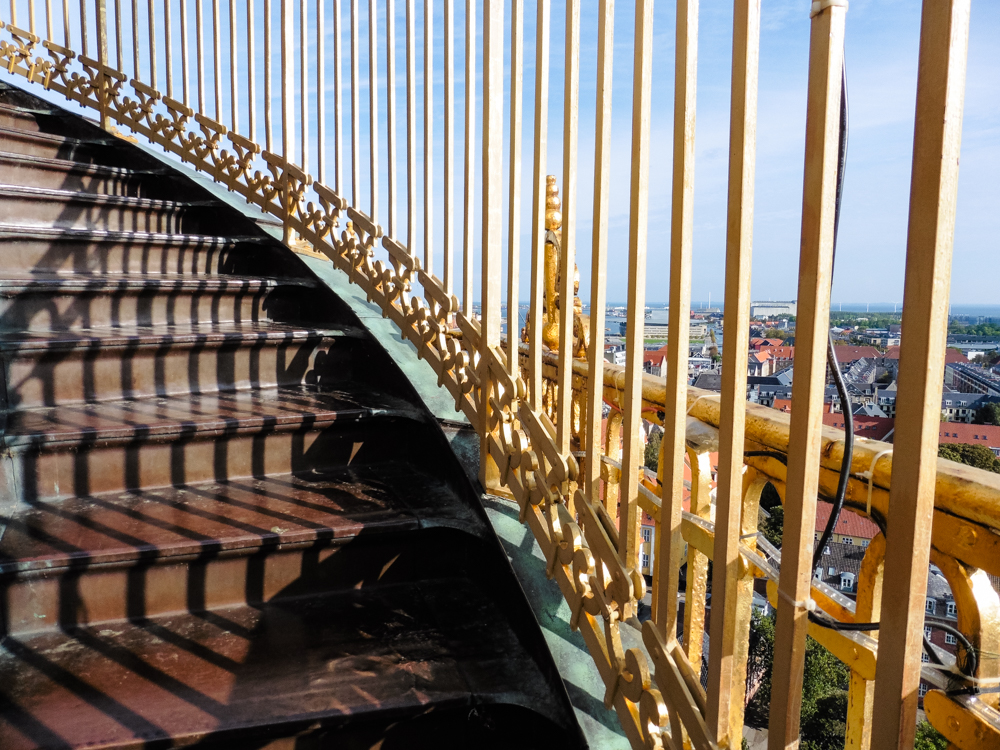https://www.youtube.com/watch?v=TaNM_T1d1as
Nike is using this story to exploit our compassion and promote their new product, and I applaud them for it. It seems that too often we as a society decide that it’s too economically inefficient to come up with solutions that can alleviate a desperate need for a small group of people. So instead we come up with a million solutions to better the lives of the 1% by .001% because they MIGHT pay for it. That’s why I think it’s pretty awesome for Nike to come up with a new product that will make the lives of a lot of people easier, and (hopefully) still contribute to their bottom line. Yes, feel free to rage about the affordability of these shoes and cheaper alternatives, but what I’m praising is not the product concept, but the spirit of innovation.
I experienced one of the most humbling episodes of my life at a cerebral palsy rehabilitation center in Shanghai. For those who don’t know about the disease, cerebral palsy is a motor disorder caused by abnormal brain development during pregnancy or damage to the brain during childbirth. There is no cure, and depending on the level of the disorder, CP patients may need assistance through their entire lives. CereCare is a rehabilitation center in Shanghai founded by a woman who walked by herself for the first time at the age of 30 after rehabilitation training. The center is a two story building in the outskirts of Shanghai, home to about 100 school age kids. We were there to help out with the sports day, and were warned beforehand that it was going to be a strenuous exercise for us as well as the kids.
We took our places in the common room and the kids trickled in one by one. Some of them could walk by themselves, others with help, and some were carried in and strapped in on chairs because they lacked the ability to sit properly by themselves. The child I was assisting, Jun, was about 7 or 8, with a shy smile on his face and eagerness in his eyes.
Sports day is a big treat for the kids, and the spirit of competitiveness was in the air. First up was volleyball, which was more like hitting a beach ball between two teams. I soon found out why they warned us it was going to be strenuous, as holding a child who couldn’t stand for even 5 minutes and helping them move their limbs proved to be more difficult than one might imagine. If it were difficult for us, imagine what it’s like for the kids. Score was kept haphazardly and every hit was rewarded with exclamations. We went for a few rounds and by the end of the second round Jun was already having trouble sitting by himself. He leaned against my leg as I sat behind him, but wouldn’t take his eyes off the game and raised his hand every time there came a call for a change in teams.
Then came bowling. We used the little plastic sets they sell at the dollar store, the flimsy kind that even wind can blow over. Every child gets three tries, and every knocked down pin was followed by a round of applause. There was a girl in a purple dress who had been quite active in the volleyball games. But bowling proved to not be her sport, as her problem was controlling her hands. After three tries, she failed to knock down a single pin, as she could not make her hand release the ball at the right time so the ball can roll forward in the right direction. There was a hint of disappointment in her eyes, but not embarrassment or defeat. The person in charge of the game handed the ball back to her again, and she tried again, and again, and again. There was no jeering or complaining from the other kids as they cheered her on. After about 10 tries, she finally knocked down three pins, and went back to her seat amidst thundering applause with just the tiniest smile of achievement.
The kids (as well as the volunteers) were tired out after two hours, and it was dinner time. Some quickly got to their food, some had their spoons wrapped around their hand and struggled to not make a mess, and others waited patiently to be fed. There was little chatter, as even eating was a daunting task for many that required concentration and effort.
After dinner, the kids went back to their rooms, which were upstairs. Some walked, others were carried, and there was this little boy who was carried to the bottom of the stairs and placed in a position where he could use the railing to support himself. We watched in silence as he took one step, rested, and then another. Once in a while he turned back and smiled at us, and we tried to put as much support and approval as we can into the smile we gave back to him, while refraining from the urge to just pick him up and carrying him to the top. We can’t be there every moment of his life, neither can his teachers, or his parents. That’s what the rehab center is trying to do, making it possible for them to hopefully one day complete simple tasks like walking, eating, climbing the stairs.
And tying their shoes.
“At some point some people become less able than others. But eventually we all become less able.”
This quote from the video struck a cord with me. Even for those of us who were lucky enough to have been born healthy can’t take that for granted. Everything we have in life, including life itself, is a privilege and not a right. So while we are able, do something that makes a difference.

Leave a Reply